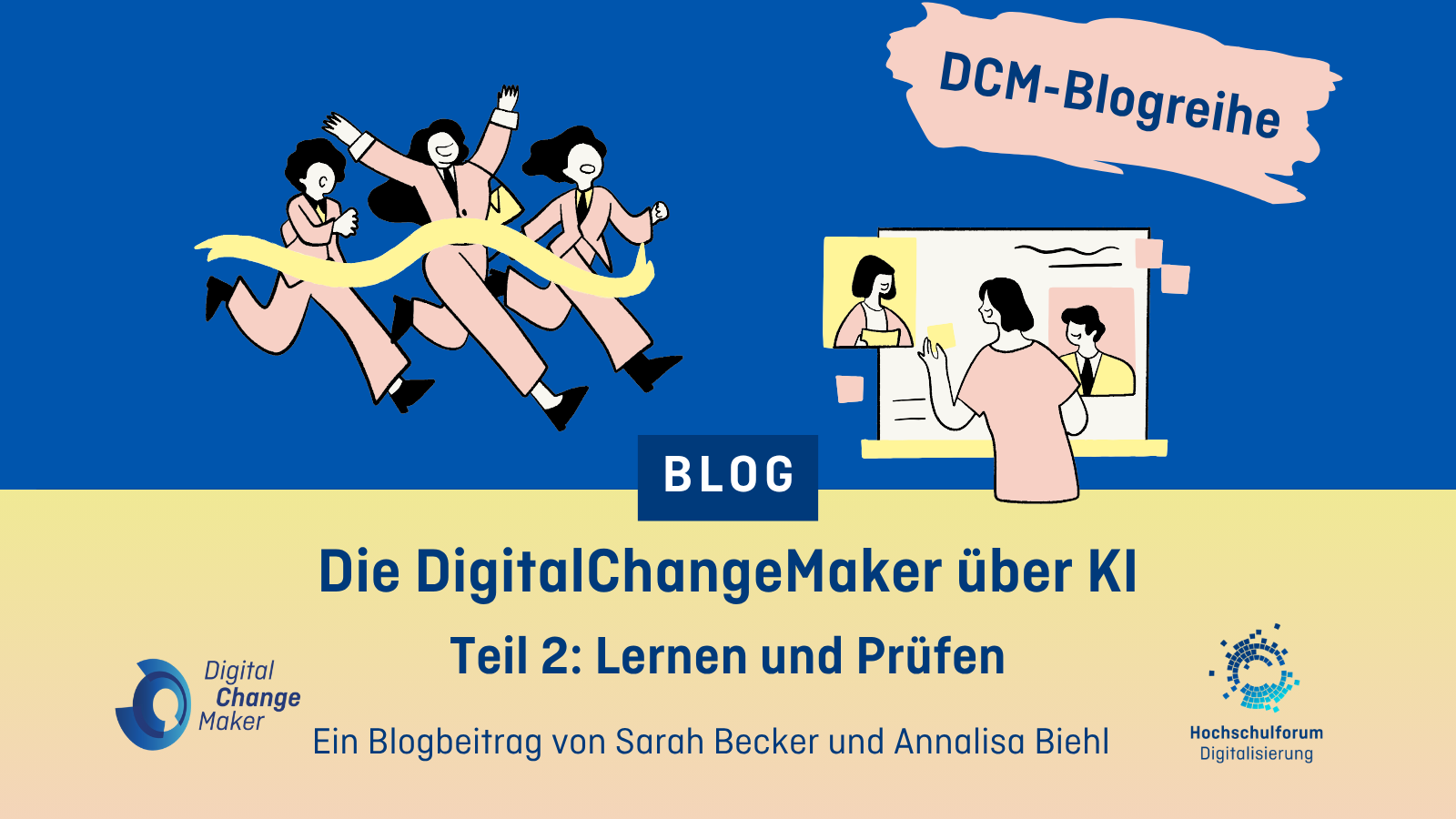United in Diversity – Digitally? European Project Cooperation During A Global Pandemic
United in Diversity – Digitally? European Project Cooperation During A Global Pandemic
09.11.20
In this blog post, Saskia Weißenbach gives insights into the – mostly digital – project management of the DAAD project ‚OpenU/ Online Pedagogical Resources for European Universities‘. The project aims to test innovative policy measures to promote digital collaboration, mobility and digital teaching and learning between European universities. Weißenbach poses a.o. the following questions: How does interculturality change in the digital setting? And how has the planning changed since the Corona Pandemic hit European Higher Education Cooperation?
![What impact does the pandemic have on European project cooperation? Picture: [https://www.pexels.com/de-de/foto/buro-technologie-geschaft-business-3734617/ Bongkarn Thanyakij] Zwei Paar Hände zeigen auf Dokumente auf einem Tisch](/sites/default/files/images/blog/Projektkooperation.jpg)
The fact that digitalisation plays an important role for university cooperation in Europe is not a new development. Nor is it a phenomenon that has emerged as a result of the Corona pandemic. Innovative projects in the field of teaching and learning,virtual exchange and online collaborations have already been promoted well before the pandemic, e.g. through funding programs such as Erasmus+. Forward-looking, innovative solutions shallbe created jointly in order to be appicable to other countries and institutions and to promote European cohesion. We are speaking of the European added value.
The project ‘OpenU/ Online Pedagogical Resources for European Universities’ is an example of this. It aims to test innovative policy measures in order to promote digital collaboration, mobility and digital teaching and learning between European universities. The German Academic Exchange Service (DAAD) coordinates the policy cluster as one of six work packages. It includes ministries of education from Portugal, Spain, France, Belgium, Germany and Latvia, as well as the Erasmus Student Network.
“Seeing through reflection glasses”
After more than 1.5 years as project manager for the OpenU policy cluster at DAAD, I was asked by the HFD to „put on the reflection glasses“. Did the pandemic have an impact on our project cooperation? What are the findings and recommendations for further action?
I decided to leave aside the thematic glasses that consider the implementation of digital project activities and their changes due to the effects of the pandemic in a technical-digital way. Instead, I have put on those glasses that look at the process of project management. In doing so, I have been able to reflect on some memories anew, often accompanied by smiles and insights. I came to the point that often the components that appear to be the basis and the matter of course are also those that are most challenged digitally. The effects of a global pandemic were not included in our Risk Mitigation Plan. Neither planned project activities nor quality assurance approaches had taken this option into account. So how to react? I am herewith sharing my reflections.
![The coffee break as a reflection of different cultures. Can interculturality be translated into the digital? Picture: [https://www.pexels.com/de-de/foto/arbeit-aroma-becher-braun-414628/ Pixabay] Kaffeetasse neben Laptop](/sites/default/files/images/blog/Kaffeepause.jpg)
‚Digital interculturality‘
European project teams consist of different institutions, representing different countries anddifferent cultures. Intercultural competences of all participants are a prerequisite for cooperation between countries and between cultures. And yet they are often the most neglected in digital discourse. Let’s be honest: we play with clishées to ease the one or other unpleasant, perhaps expected, perhaps unexpected situation. We are astonished that a prejudice actually turns out to be true. And we are overwhelmed that it turns out to be true. And yet it is the cooperation between people, literally the inter-personal, that shapes the cooperation – sometimes over several years. More than that: it is the basis of project cooperation.
Even a coffee break can be a reflection of different cultures. Here it gets clear that not already the definition of a coffee break can vary from the simplest thermos flask to the serving of fine pastries, but also the length of the planned break becomes a reflection of the cultural demand. But how do you react if these meetings are only and exclusively held online? Does interculturality change in the digital setting?
Sometimes, the over-punctual people are already waiting in the queue before a digital meeting is even supposed to start. Camera backgrounds can tell us a lot about Europe’s weather and landscape diversity, or give us an idea of the preference of some project partners for virtual space. Using digital tools via chat, whiteboards or microphones should replace working together in the seminar room and at the group table. The possibility to do so is given digitally. However, use and experiences differ greatly between partners. In October 2020 many project meetings, conferences and seminars, which are part of the projects or accompanying them, have taken place online. However, the technical infrastructure of all project partners and the seamless continuation of work cannot be taken for granted. Even internet connections can quickly put an end to the best prepared exchange and online workshop. Digital cooperation therefore requires the project partners to get to know each other again and to redefine their cooperation with each other.
Creating European Added Value: Derivation of Policy Recommendations digital
With 21 project partners, the OpenU project consistst of a large consortium. With the diversity of institutions in the project, including universities, network organisations and political institutions representing eleven countries, a variety of perspectives and national situations need to be taken into account. In Europe, the situation of the countries affected by the pandemic differs greatly. Depending on the partner participation in project consortia, this has very different consequences for ongoing cooperation. And this also means that political agendas and, if necessary, selected priorities in the field of digitisation and internationalisation are currently being adapted.![A pandemic, multiple perspectives that must be taken into account Picture: [https://www.pexels.com/de-de/foto/welt-drinnen-globus-erdkunde-3994840/ Bruno Cervera] Globus mit Post It "Stay home!"](/sites/default/files/images/blog/internationalisierung.jpg)
The core task of the OpenU Policy Cluster is to promote evidence-based policy making and dialogue. During the latter, (interim) results of project activities and their scientific monitoring are brought into dialogue with national policy agendas. We had the opportunity to physically host the first policy dialogue in the beautiful city of Riga, where we welcomed university members and representatives of political institutions. Less than a year later we started planning the French Dialogue in March 2020. The start of every conversation between the French colleagues and us German representatives was always the same: What is the situation? How do we plan ahead? Can we even make it possible for the project partners from Europe to travel there? While today, in October, online orientation seems to be more natural, this was not the case at the beginning of the year.
Large project consortia and the parallel activities require great trust between the partners. And trust is usually created through personal meetings. The French political dialogue was finally organised online, together with project representatives and French university experts. Political recommendations could be derived wonderfully from these meetings. But: It required an adapted methodology for the workshop and a clearly adapted moderation, which involved, questioned and integrated all participants again and again. Because once the camera is off, there is no possibility of making personal connections. On the basis of this experience, further project activities must now be replanned and adapted for digital alignments.
Once Corona is over‘: Rethinking project management digitally?
Once Corona is over‘ – a much used phrase, yet hardly applicable to European cooperation projects in the field of education. The consequences of the Corona pandemic are massive in individual countries and we probably will not return to the situation before the pandemic. The consequences for universities are in part difficult to assess. Risk mitigation can only be pursued in the medium term, not in the long term.
For projects launched before 2020, planned project activities will probably have to be rethought, budget planning adjusted, partner participation possibly changed, new time and project plans drawn up and coordinated with the respective funding agency. This makes adapted project management and much stronger coordination all the more important. If projects are to be continued, flexibility must be created to allow for the different national situations and possible adjustments of participations. And this on an ongoing basis.
Large, institutionally diverse project consortia can bring different perspectives to projects, which is a great added value. As is so often the case, the more perspectives, the larger the discussions, the more important moderation, communication and dialogue. Purely digital cooperation sharpens each of these components.
National conditions may be in the foreground. But the sense of community should always be maintained. A project consortium also represents a European community. And European project partners may be dedicated to other challenges in current months. So it is important that they are not excluded, but that flexible communication channels allow the integration of all partners.
Intercultural encounters will continue to be an essential core of international projects. Digital interculturality brings us to new moments of experience, lets us recognise and learn new things. The diversity of the countries remains – often the necessary self-reflection and a good sense of humour help to master one or the other situation – also and especially digitally.
It is the components of classical project management that became particularly clear to me through the reflection of the OpenU project. Through purely digital, transnational cooperation, they come to the fore immensely: accepting situations and adapting the cooperation, creating transparency and planning and implementing the projects in such a way that they can react flexibly to various situations. Through transparency, coordination, communication, community, acceptance and flexibility. Digital interculturality brings with it something new. But it is also the basis for continuing to create European added value and to continue international cooperation projects during a global pandemic and to develop innovative solutions on an ongoing basis.
To really work together in diversity – digitally – to achieve common goals and to strengthen Europe together.
Further information on the OpenU project
The OpenU project is still ongoing. The DAAD coordinates the policy cluster; further policy dialogues will follow.
Further information can be found here:
European Student Card Initiative / Digital Education Action Plan / OpenU Project Page / OpenU Project Page DAAD

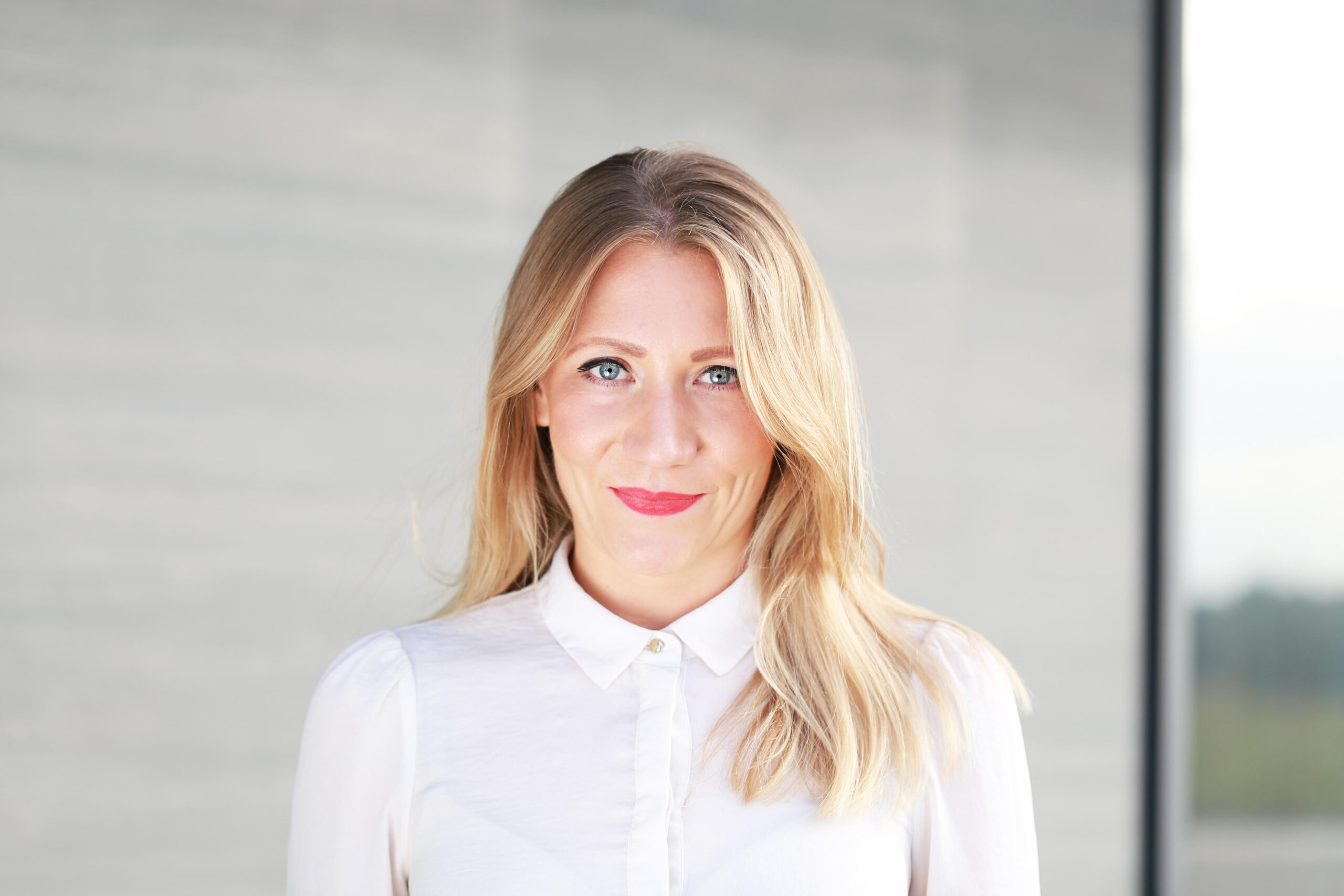
 Mauritz Danielsson
Mauritz Danielsson 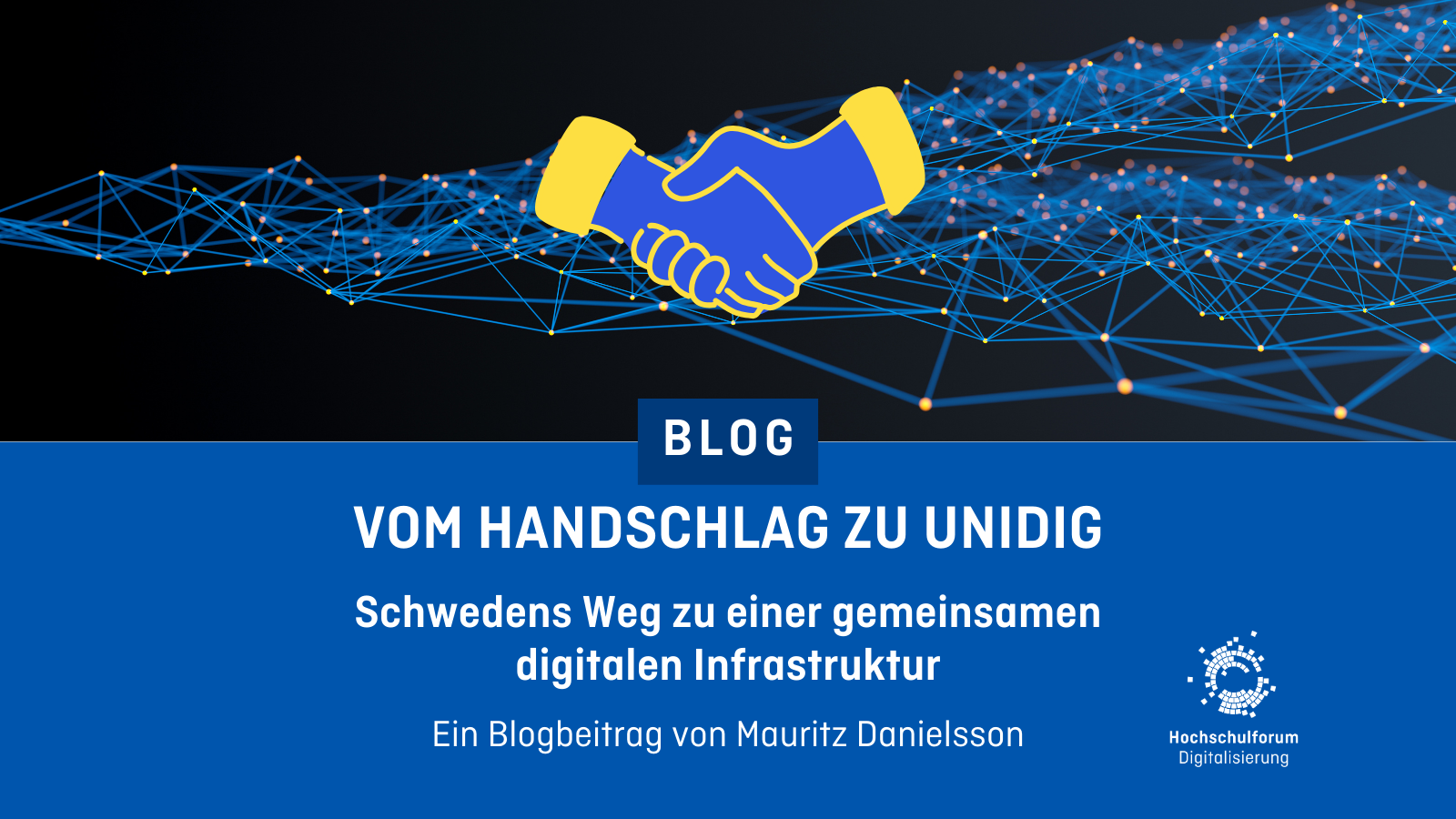
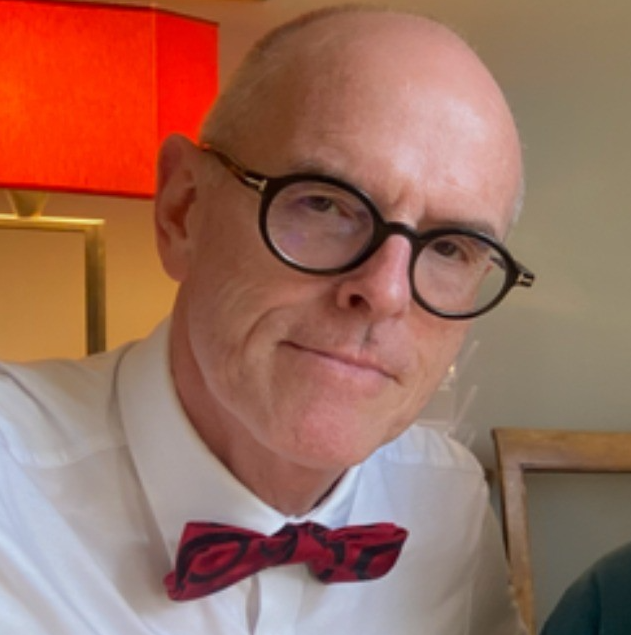 Peter van der Hijden
Peter van der Hijden 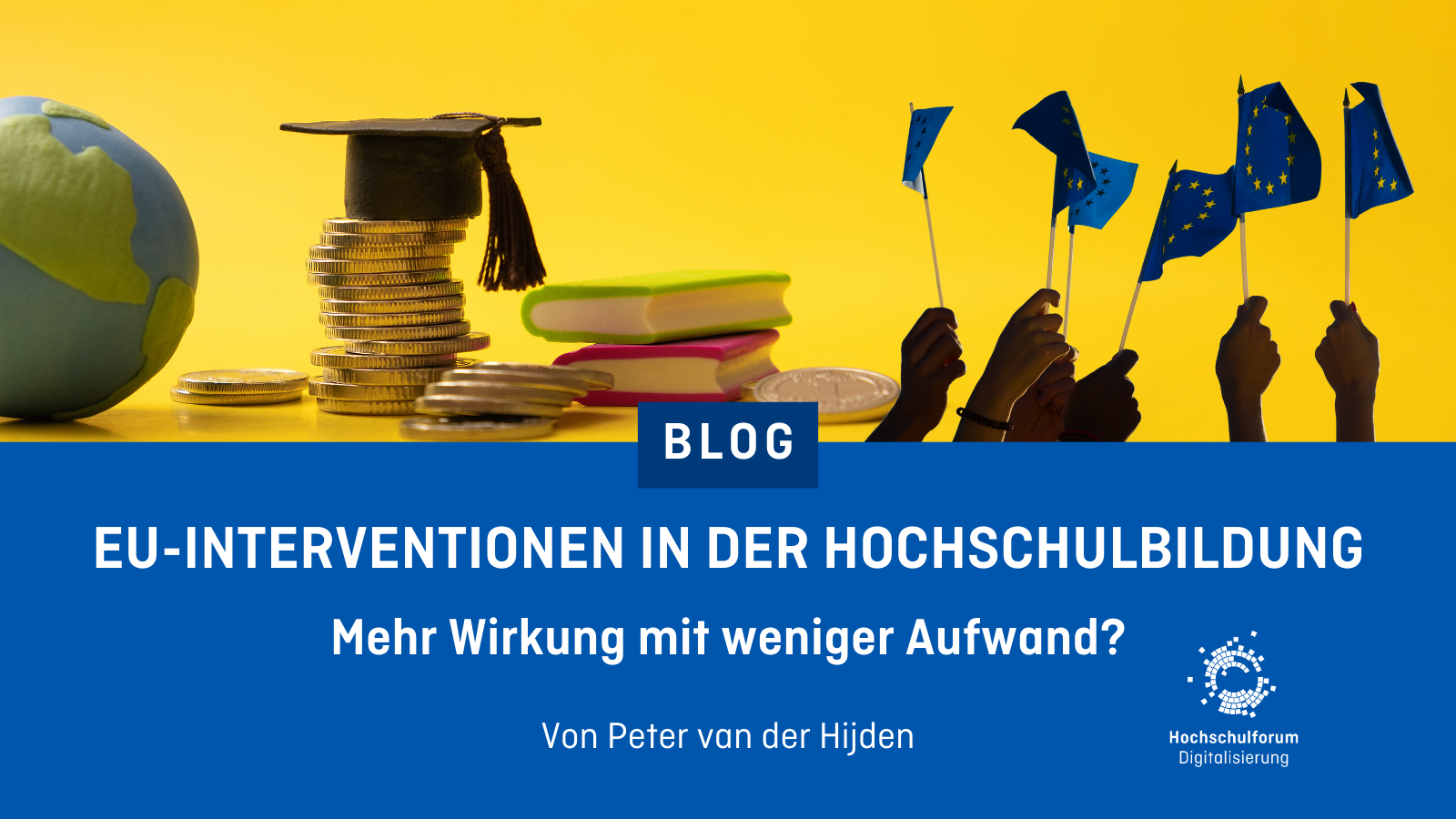
 Annalisa Biehl
Annalisa Biehl 